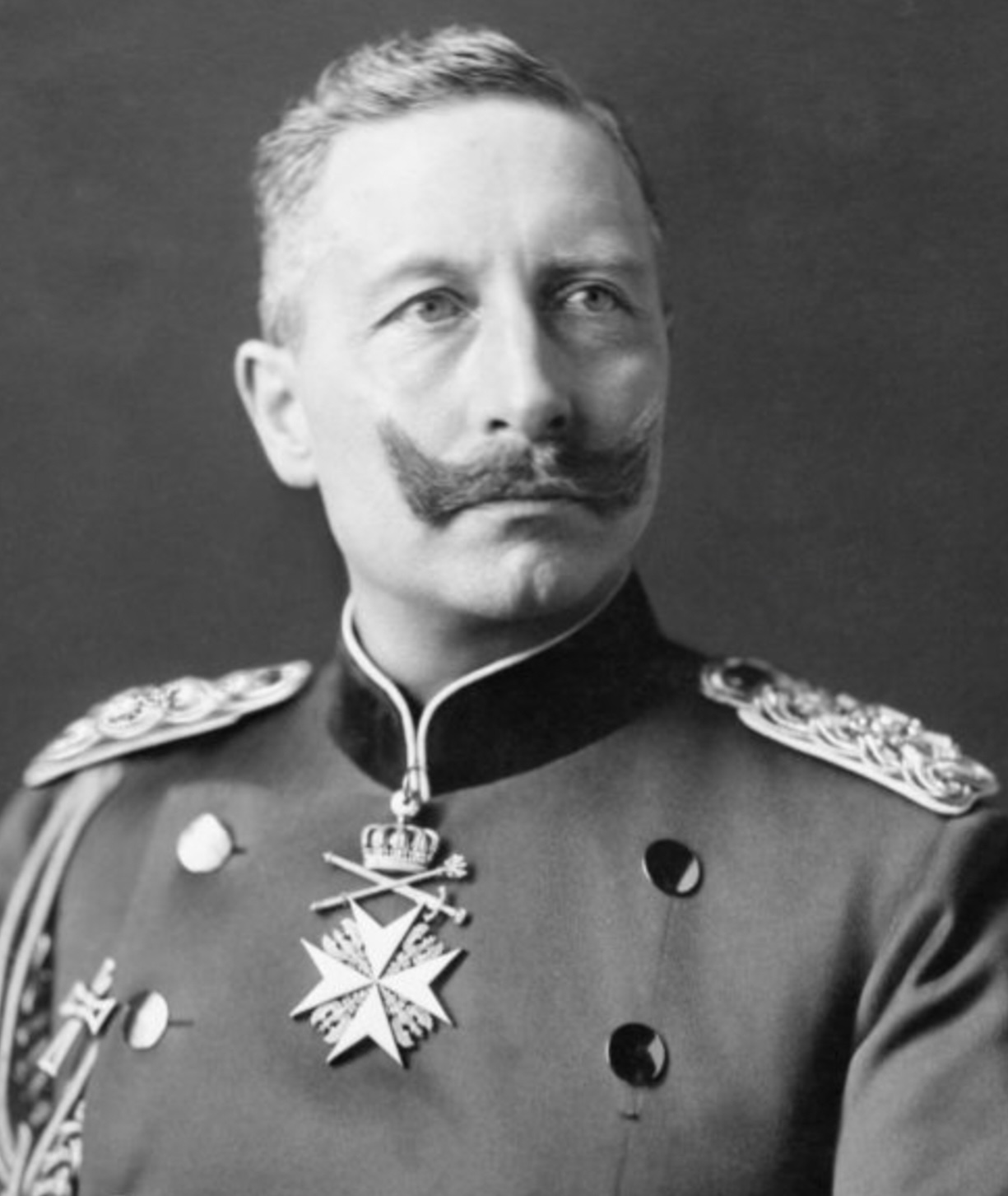Guest Blogger Michael J. Cooper
From Annamaria: Today I am happy to welcome back my fellow historical novelist, who writes riveting mystery-thrillers set in the Middle East. His current series focuses on World War 1 at a time that provides a distant mirror for the current state of the world, important and - at the same time - entertaining reading.
The great Spanish-American philosopher George Santayana famously said “those who don’t remember history are doomed to repeat it.” To avoid such repetitions, we historical novelists seek to bring readers back to the past so that they can learn what not to do.
My two latest novels, set at the beginning of the First World War: Wages of Empire and Crossroads of Empire are a case in point. They include prominent historical figures Kaiser Wilhelm II, Gertrude Bell, TE Lawrence, Chaim Weizmann, and Faisal bin Hussein. And they particularly focus on Ottoman Palestine, since it was from Jerusalem where the kaiser dreamed to rule as Holy Roman Emperor and self-crowned King of Jerusalem, with dominion over Arabian oil reserves, control of the Suez Canal, and with an eye toward promoting German-Nordic racial supremacy throughout the world.
I gave Kaiser Wilhelm II of Germany, therefore, a prominent role in the books, because many historians believe that his decades’ long scheming and manipulating led directly to the Great War. He methodically built up a naval force to challenge that of Great Britain, and he established layers of financial, military, commercial, and transportational ties with the Ottoman Empire. By-so-doing, Wilhelm made imperial Germany indispensable to a subservient Ottoman Empire at the beginning of the 20th century, reducing it to a vassal state.
Apart from these maneuverings, the Kaiser makes for a great character study because of how outrageously strange he was, offering a veritable buffet of the bizarre to historians as well as to writers of historical fiction. To quote a prominent German historian, Thomas Nipperdey: “Wilhelm was superficial, hasty, restless, unable to relax, without any deeper level of seriousness, without any sense of sobriety. He was arrogant, uncontrollable, without any concern for balance and boundaries, or even for reality and real problems. At the same time, he had a hyperactive sense of grievance, and was desperate for applause and success. He was theatrical, with an exaggerated bravado and desire to show off…”
As we read these descriptions of the German Kaiser, just imagine what it would be like to live in the grip of a head of state untethered by any restraint, who was able to rule by royal decree or by executive privilege. A monarch motivated only by the need to feed his own monumental ego…
Just imagine.
In Wilhelm’s day, royalty commissioned paintings of themselves to project how they wished to be seen—by their subjects as well as by other nations. Nowadays, art, CGI, and AI serve the same functions. Herewith, some examples:































No comments:
Post a Comment